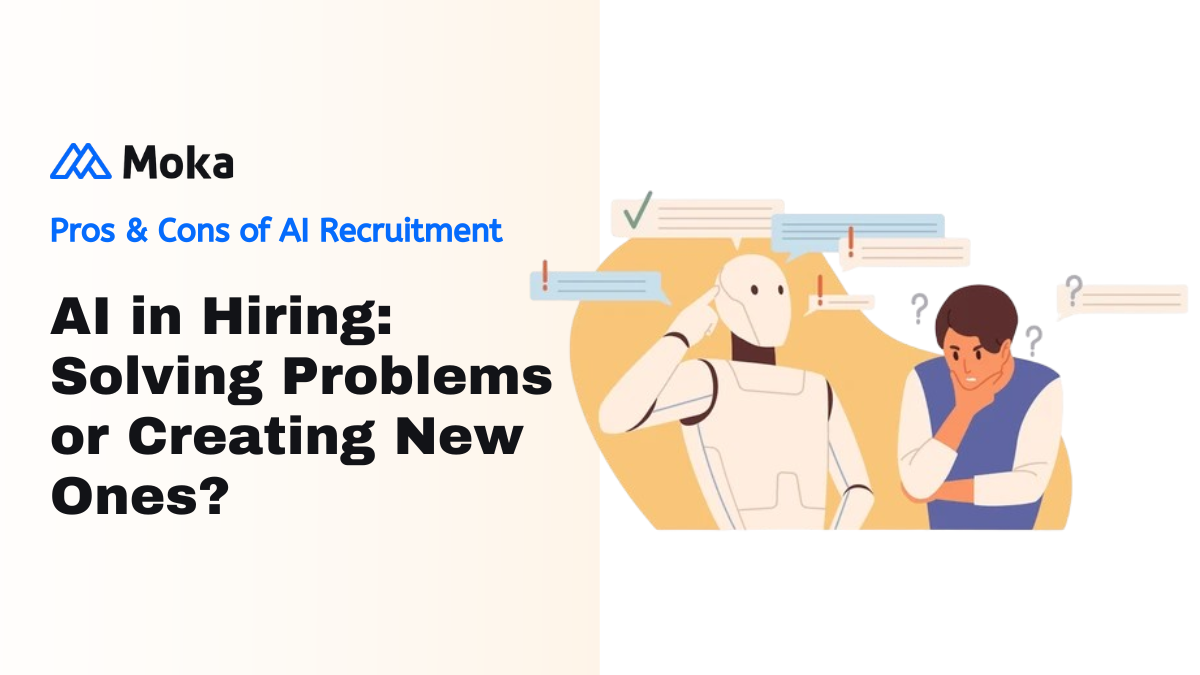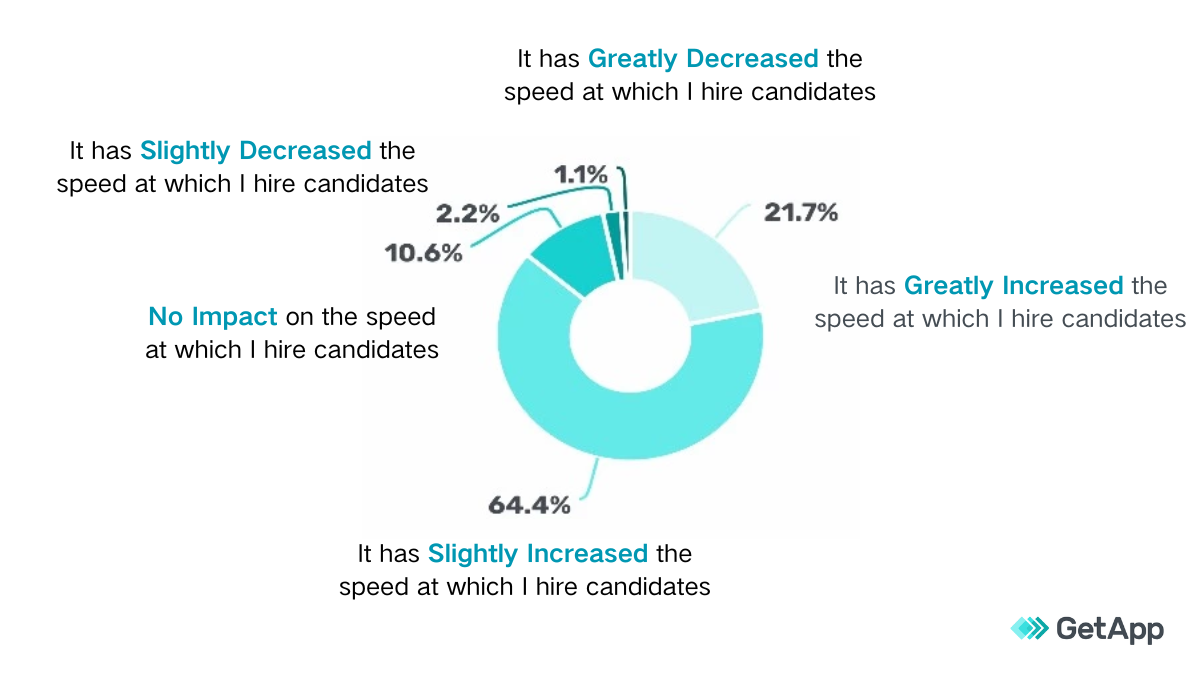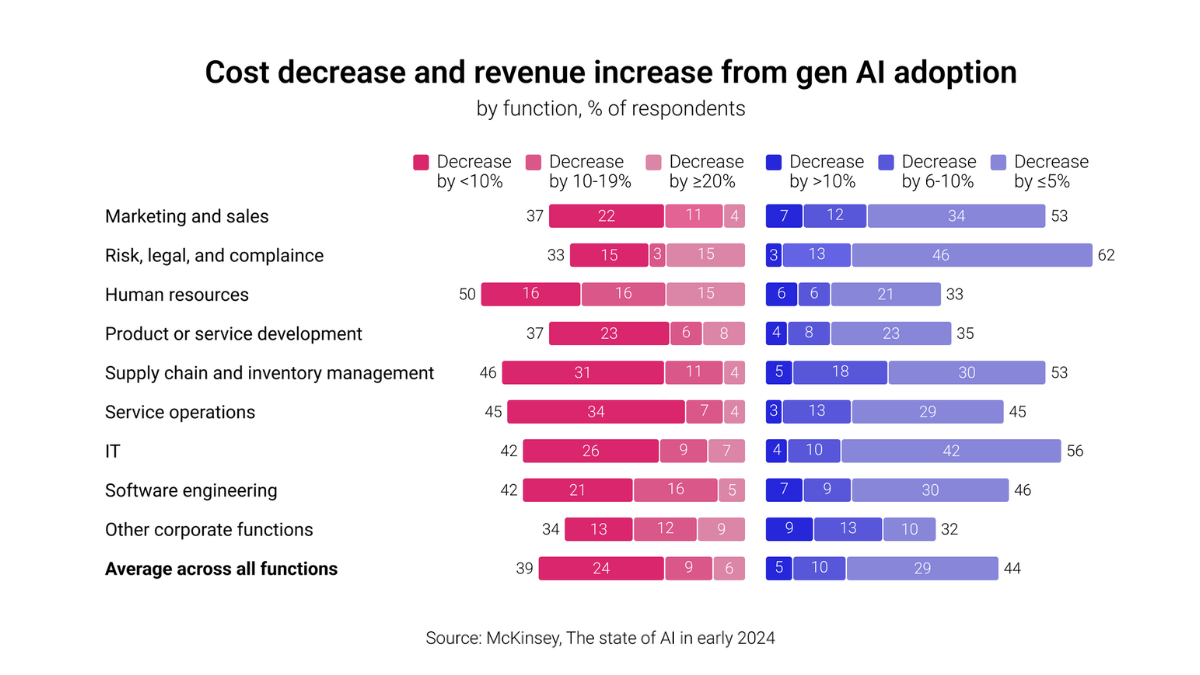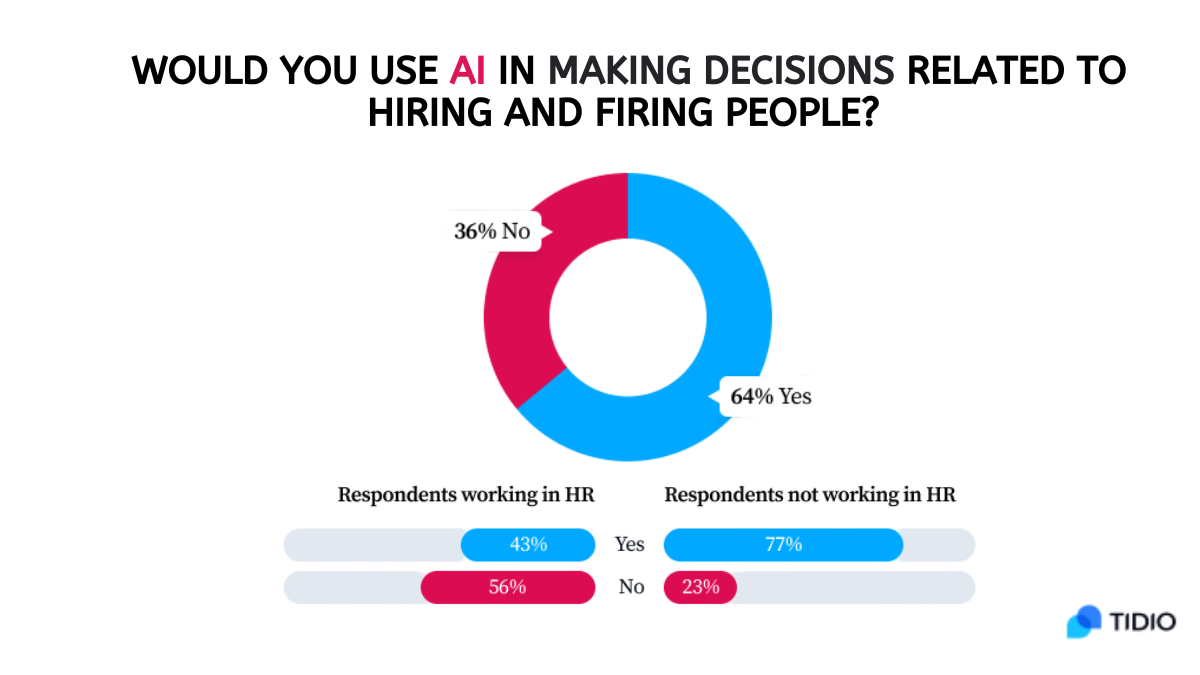AI in Hiring: Solving Problems or Creating New Ones? | Pros & Cons of AI Recruitment
According to a report from Market Research Future, the global AI recruitment market is forecasted to reach $942.3 million by 2030, with an expected compound annual growth rate of 6.9% from 2020 to 2030. AI is changing how companies hire. Instead of sifting through stacks of resumes, recruiters can now use AI to screen candidates, schedule interviews, and even predict who might be the best fit for a role. Sounds efficient, right? But here’s the big question—is AI actually making hiring better, or are we just trading one set of problems for another? Let’s dive into the pros and cons.

The Pros: Why AI Recruitment Software is a Game Changer
1. Faster Hiring
One of the biggest perks of AI recruitment is speed. AI can scan thousands of resumes in minutes, picking out top candidates based on skills, experience, and job descriptions. This cuts down hiring time, which is crucial for fast-growing companies or industries with high turnover. According to a survey by GetApp, 86.1% of recruiters believe that utilizing Applicant Tracking Systems (ATS) enhances the speed of the recruitment process.

2. Reducing Human Bias and Mistakes
Humans have unconscious biases—whether we admit it or not. AI, when designed well, can help level the playing field by focusing on skills and qualifications rather than names, genders, or backgrounds. This method, called blind recruitment, ensures that candidates are assessed based on their skills and qualifications. Unlike human recruiters, who might unintentionally evaluate candidates using varying standards, AI applies consistent criteria to all applicants. A 2025 studyshowed that AI-generated post-operative reports were more accurate than those written by surgeons. Human-written reports had discrepancies in 53% of cases, while AI-generated ones had only 29%, highlighting AI’s ability to reduce documentation errors.
3. Improving the Candidate Experience
Nobody likes being ghosted after an application. AI-powered chatbots can answer candidates’ questions instantly, update them on their application status, and even schedule interviews. This makes the hiring process smoother and more transparent. However, AI isn’t perfect—some automated systems have been criticized for making applicants feel like they’re talking to a wall.
4. Cost Savings
AI can reduce the workload on HR teams by automating repetitive tasks like resume screening and interview scheduling. In human resources, 50% of respondents report cost reductions directly linked to generative AI adoption. This saves companies money in the long run, especially for small businesses that don’t have large recruiting teams.

The Cons: Where AI Recruitment Falls Short
1. Algorithmic Bias
While AI is supposed to remove bias, it can also reinforce existing discrimination if it’s trained on flawed data. To maximize AI’s effectiveness, it must be thoughtfully designed, properly implemented, and continuously monitored to prevent unintended biases and ensure it delivers on its potential.
2. Struggles with Soft Skills
AI is great at analyzing hard data—like years of experience or keyword matches—but it still struggles to evaluate soft skills like leadership, creativity, or cultural fit. That’s where human recruiters still have the upper hand.
3. High Implementation Costs
Implementing AI in recruitment means dealing with a vast amount of data. For small businesses, adopting AI recruitment software can be expensive. It’s not just about buying the software; companies also need to train staff and continuously fine-tune the system to make sure it’s working fairly and effectively.
4. Some Candidates Just Don’t Trust AI
Not everyone is comfortable with the idea of AI deciding their job prospects. Some candidates feel AI makes hiring feel impersonal, and if the process isn’t handled well, it can actually turn people away. Most people are fine with AI handling data-driven tasks, but we want humans for nuance, context, and reassurance. A survey by Tidio revealed that the majority of candidates (56%) desire human involvement in the final hiring decisions, with 43% comfortable allowing AI to make hiring decisions when accompanied by human oversight.

The Best Approach? AI + Human Collaboration
AI recruitment tools can be a huge asset, but they shouldn’t replace human decision-making. The optimal strategy is to use AI to handle the heavy lifting—sorting resumes, scheduling interviews, and analyzing data—while letting human recruiters focus on the final selection and the personal side of hiring. That way, companies get the best of both worlds: efficiency without losing the human touch.
From recruiting candidates to onboarding new team members, MokaHR gives your company everything you need to be great at hiring.
Subscribe for more information

